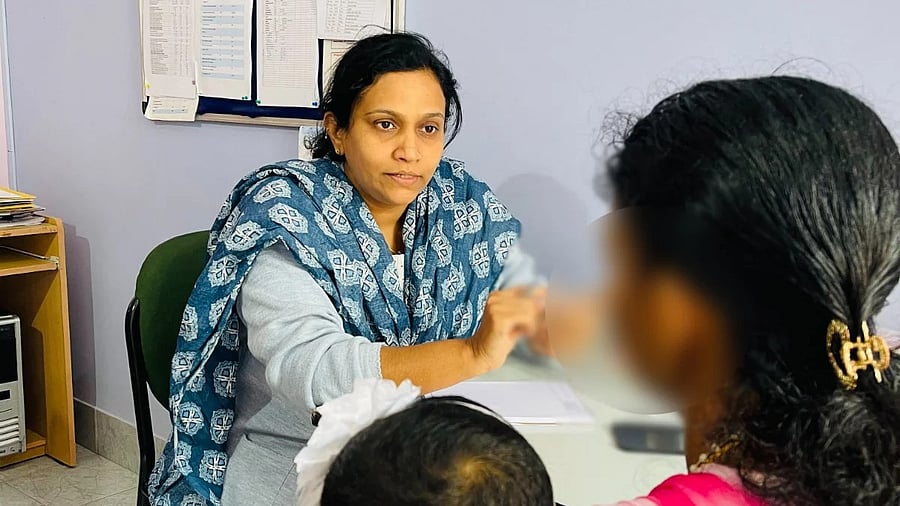
Some NGOs in Bengaluru continue to support HIV-positive individuals despite what they describe as a lack of government funding. They also claim public awareness campaigns by the government have declined since the pandemic.
While the number of people living with HIV has reduced due to improved treatment, they say that stigma around the disease persists. These non-profits primarily support people from lower-income families, and help them access antiretroviral therapy (ART) provided by the government.
Metrolife looks at their initiatives. Raju Mathew founded Accept Society in 1999. Operating from a residential medical centre in Doddagubbi, the organisation has cared for over 5,000 people living with HIV. “For two decades we worked exclusively with HIV patients. In 2019, as treatment improved and cases declined, we began admitting anyone in need of medical care, including long-term and post-surgical patients,” he says.
However, stigma persists. “Some medical professionals who wanted to work with us were stopped by their families as they were worried about getting infected,” Mathew adds. The centre now admits about 300 patients annually, around 40% of whom are HIV-positive.
Dr Glory Alexander founded Asha Foundation in 1998 to support widows and children affected by HIV. Over time, it expanded to offer care and counselling to anyone impacted by the disease. The foundation runs a clinic three times a week, providing free ART. HIV tests for widows and children are conducted at no cost, while others have to pay a nominal fee.
Prevention of Mother-to-Child Transmission (PMTCT) has been their key programme since 2003. “We support about 40 HIV-positive pregnant women every year and guide them through pregnancy, delivery and breastfeeding,” says Dr Glory, a general physician. “Over the last two decades, we have reduced transmission in our cohort from 45% to under 1%,” she says.
The foundation also offers skills training, HIV education and peer support to affected adolescents and young adults through two annual residential camps. Despite progress, Dr Glory says low awareness remains a concern. “If a person is on ART and has an undetectable viral load, they cannot transmit HIV, even through unprotected sex,” she explains.
Supporting children
Desire Society, which established its Bengaluru chapter in 2008, works exclusively with HIV-infected children. Located in Sakalavara, near Bannerghatta Road, it provides residential care to 30 children aged between six and 17.
“These children have either lost one or both parents to HIV, or their caregivers are in advanced stages of the disease,” says vice president Subhash E M. “We provide food, nutritional supplements, shelter, schooling, ART medication, regular medical tests and psychosocial support to them,” he adds.
Hennur-based Freedom Foundation, founded in 1992, works in the areas of substance abuse and HIV/AIDS. Its CEO, Ashok Rao, says the organisation began a programme for children orphaned or affected by HIV in the mid-1990s.
“The children receive everything any child would at home — education, medical care including ART, and daily care — free of cost,” he says. The foundation currently supports 42 children, 15 of whom live at the facility. Caregivers are usually HIV-positive women from marginalised backgrounds or extended family members. “They receive monthly ration kits, counselling and guidance on HIV care,” Rao adds.
To know more or donate
Freedom Foundation (thefreedomfoundation.org), Accept Society (94486 19619), Desire Society (95051 17777), Asha Foundation AIDS helpine (2354 3333 or 2354 2222; Monday to Friday, 9 am-5 pm).